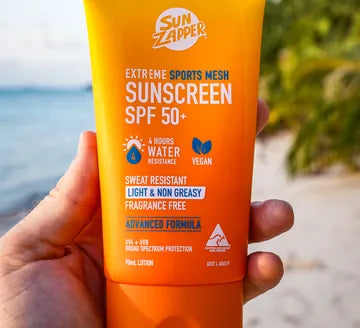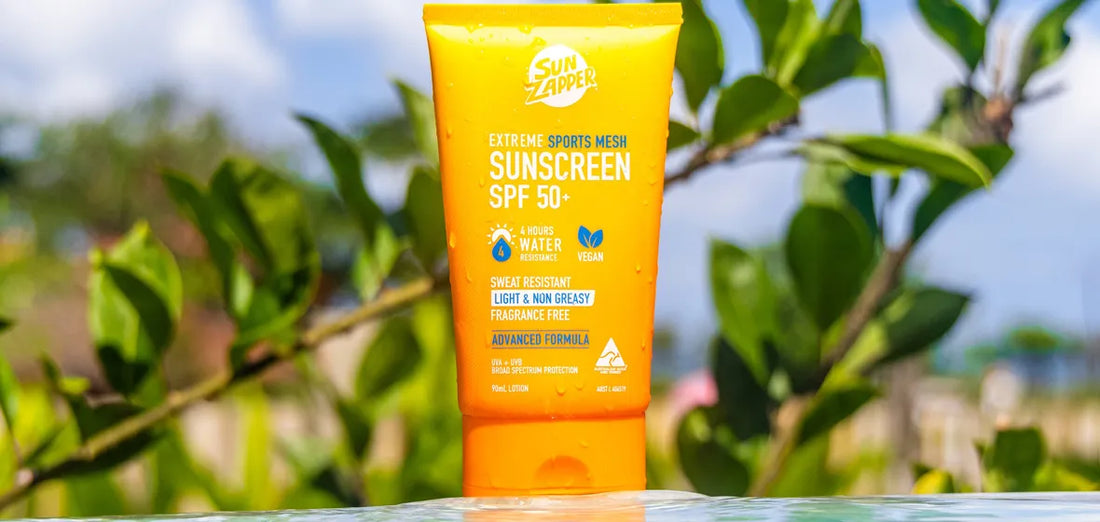Broad Spectrum
Broad spectrum sunscreen refers to a type of sunscreen that protects your skin from both UVA and UVB rays.
UVA rays are responsible for skin ageing and can penetrate deep into the skin layers.
UVB rays are primarily responsible for causing sunburn and can damage the superficial layers of the skin.
Broad spectrum sunscreen shields your skin from both types of rays, offering comprehensive protection against sun damage, premature ageing, and skin cancer.
SPF (Sun Protection Factor)

SPF measures how effectively a sunscreen protects your skin from UVB rays, the ones that cause sunburn.
The SPF number indicates the level of protection against UVB rays. For example, SPF 30 sunscreen blocks about 97% of UVB rays, while SPF 50 blocks about 98%.
It's essential to remember that SPF only measures protection against UVB rays, so using a broad spectrum sunscreen is crucial to ensure protection from both UVA and UVB rays.
In simple terms, broad spectrum sunscreen protects your skin from both UVA and UVB rays, while SPF indicates the level of protection against UVB rays specifically. Choosing a sunscreen that is both broad spectrum and has a high SPF can help safeguard your skin from sunburn, premature ageing, and skin cancer.

